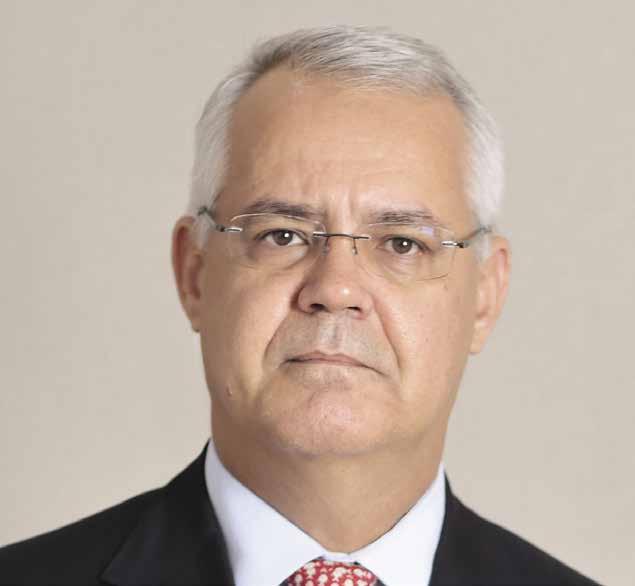POLÍTICA
CECÍLIA MEIRELES, DEPUTADA CDS-PP CDS-PP MEMBER OF PARLIAMENT
ENTRE BANCOS E
COMISSÕES DE INQUÉRITO BANKS AND COMMITTEES OF INQUIRY
E
m Portugal, as comissões de inquérito sobre bancos e Banca tornaram-se relativamente habituais. Começaram na sequência da nacionalização de um banco em 2008, mas apesar de as crises financeira e das dívidas soberanas estarem já no passado, continuam a chegar consequências e encargos de intervenções em bancos ao erário público e, consequentemente, aos contribuintes. Por isso, enquanto ainda houver factos que estão por apurar, dúvidas por esclarecer e contas para pagar, creio que as comissões de inquérito vão continuar a suceder-se. E continuam a ser úteis. Em primeiro lugar, porque há muito que ainda não mudou na Supervisão Bancária. Se há coisa que foi visível nos vários bancos analisados foi a forma como a atuação do Banco de Portugal passou ao lado de muitas das causas fundamentais dos desastres que viriam a suceder-se. O padrão de cartas trocadas sem consequências, de despachos que demoram anos a vir, de decisões adiadas e de pura e simples inatividade é evidente. Aliás, o simples facto de o relatório que o próprio Banco de Portugal encomendou para analisar a sua atividade de supervisão se ter mantido secreto durante anos, e só muito recentemente ter sido entregue ao Parlamento, é um sinal da incapacidade de uma instituição de aceitar um escrutínio que é não
36
I
n Portugal, committees of inquiry into banks and banking have become relatively normal. They started following the nationalization of a bank in 2008, and although the financial and sovereign debt crises are already over, the consequences and the costs of interventions on banks keeps hitting the public purse and, therefore, taxpayers. Hence, as long as there are facts to be investigated, doubts to be clarified and bills to be paid, I believe committees of inquiry will keep happening. And they keep being useful. First, because a lot has remained unchanged in Banking Supervision. If there was one thing that was visible in the many under analysis, it was the manner how Banco de Portugal’s performance ignored many of the fundamental causes of the disasters that would occur. The pattern of letters exchanged without consequences, of Orders that take years to materialise, postponed decisions and pure and simple idleness is clear. The sheer fact that the report commissioned by Banco de Portugal to analyse its supervisory activity has been kept secret for years, and was handed to Parliament only recently, is a sign of an institution’s inability to accept scrutiny, which is both healthy and necessary. Likewise, the reform of supervision is still being discussed but (Texto escrito ao abrigo do novo acordo ortográfico)



















